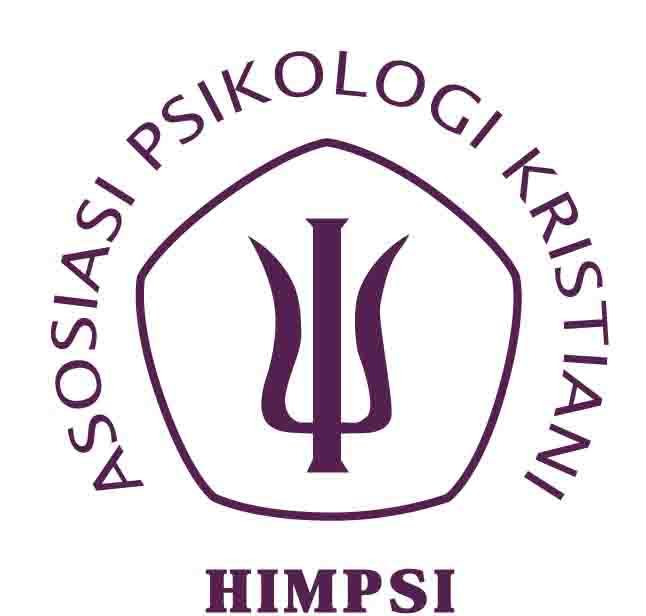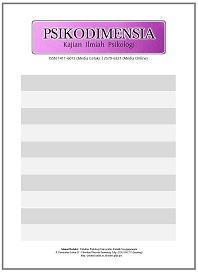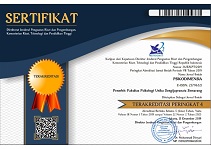Peringkat 3 TERAKREDITASI PSIKODIMENSIA ISSN 1411-6073 (printed), 2579-6321 (online) A scientific journal contains the results of research, thoughts, and dissemination to deal with social problems and develop science of psychology. As a forum, communication media, and scientific development.
Published in June and December |  |
Vol 23, No 2: Desember 2024
Table of Contents
Research
|
Tahiyatur Ratih, Mulya Virgonita I. Winta, M. M. Shinta Pratiwi
|
124-133
|
|
Vianna Ediwinata, Syeren Christanto, Tanaya Sheralea, Vanessa Aurelia Wijaya, Widiani Aurora Wijaya, Flaviana Rinta Ferdian
|
134-142
|
|
Anisa Qoni Azizah, Marindni Dewi Aprillia, Ni Putu Miranda Puteri
|
143-156
|
|
Rassil J Goboleo, Joyce Hannah Verga, Jamie Marie M. Reyes, Jasmine S. Clemente, Sylvia D. Fajardo, Jemerson N. Dominguez
|
157-169
|
|
Joan Paska Rosa Maheswari, Eugenius Tintus Reinaldi
|
170-181
|
|
Aisyah Humaira Saputra, Mafaza Mafaza, Nila Anggreiny
|
182-195
|
|
Nasyafa Idza Aurora Soeradi, Reny Yuniasanti
|
196-204
|
|
Santi Esterlita Purnamasari, Martaria Rizky Rinaldi, Netty Widiastuti, Vicky Mellenia Rachmat
|
205-213
|
|
Adly Haqi Agung Basudewa, Suparmi Suparmi
|
214-221
|
|
Bagus Adi Nawantri Sambada, Christin Wibhowo
|
222-238
|





















